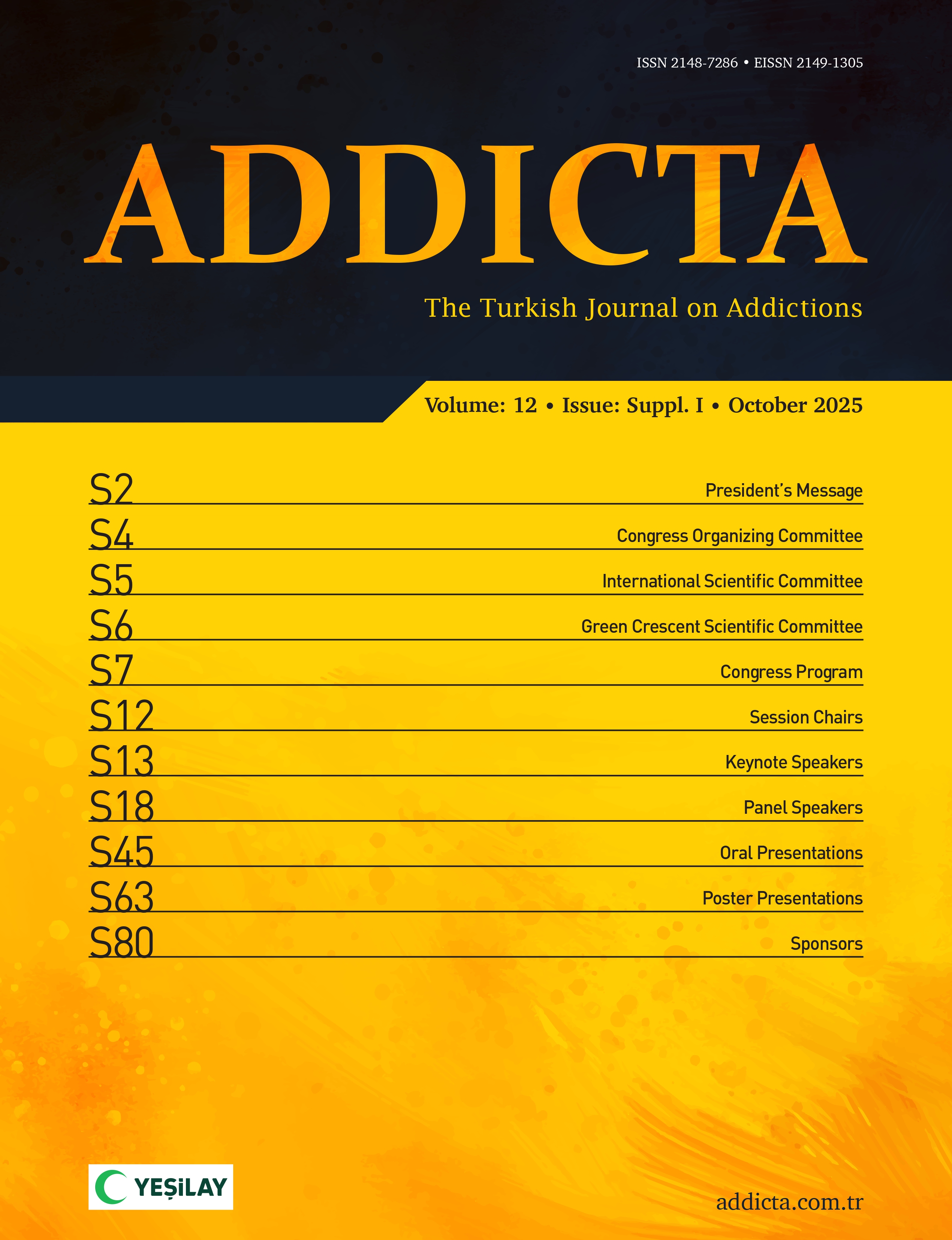Previous research has emphasized the need to improve the psychometric assessment of Internet addiction (IA); however, little research has been conducted to address inconsistencies in the instrumentation used for this purpose. Therefore, the aim of this study was to develop a new instrument to assess IA based on the nine Internet Gaming Disorder (IGD) criteria as suggested by the American Psychiatric Association in the latest edition of the Diagnostic and Statistical Manual of Mental Disorders (DSM-5) and further explore its psychometric properties according to several statistical parameters. A convenience sample of 1,100 participants was recruited from various online forums. Construct validity of the Internet Disorder Scale– Short Form (IDS9-SF) was assessed by means of factorial and nomological validity. Concurrent and criterion validity, as well as reliability were also investigated. At the construct validity level, the results from different analyses confirmed the validity of the scale. Additionally, strong empirical evidence was obtained for the concurrent and criterion validity of the scale. Taken together, these findings support the viability of using the nine IGD criteria as outlined by the APA in the DSM-5 to assess the construct of IA in a parsimonious and uniform fashion.
Citation: Pontes, H. M., & Griffiths, M. D. (2016). The development and psychometric properties of the Internet Disorder Scale–Short Form (IDS9-SF). Addicta: The Turkish Journal on Addictions, 3, 303‒318. http://dx.doi.org/10.15805/ addicta.2016.3.0102

.png)

.png)
.png)
